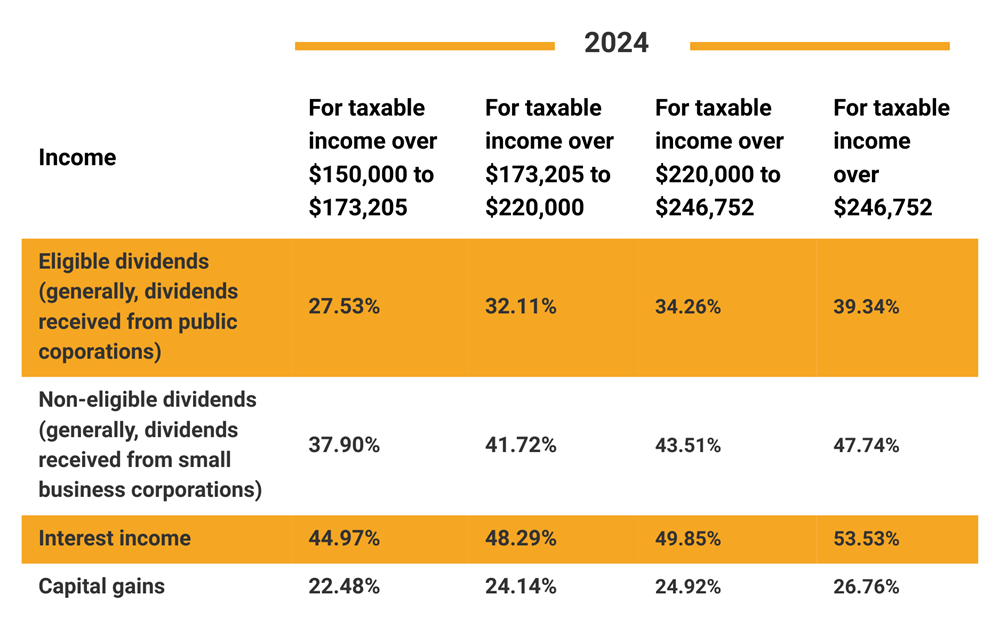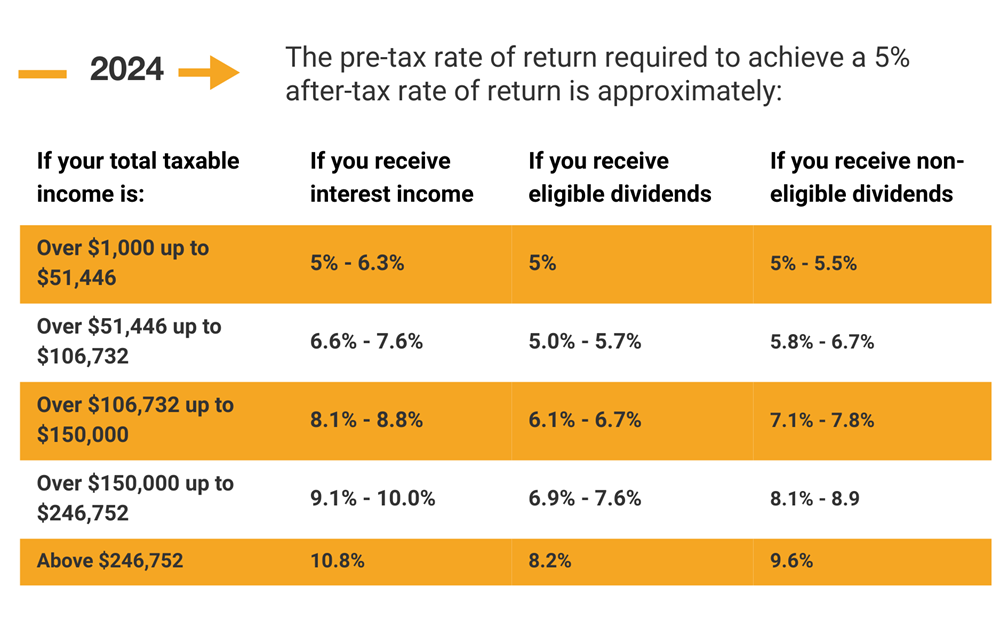Capital Gains and Losses
5. Individuals who own qualified small business corporation (QSBC) shares or qualified farm and fishing property, may benefit from the lifetime capital gains exemption of $971,190 for 2023 (to be announced for 2024) on the gain realized on the sale of these types of assets. The exemption is indexed to inflation annually.
The Government has maintained the exemption of $1,000,000 for qualified farm and fishing property. The exemption is available on dispositions made on or after April 21, 2015.
6. Consider realizing accrued losses on investments to shelter capital gains realized this year and/or in the previous three years.
Note that a loss realized from the disposition of an investment may be denied if you or your spouse or common-law partner repurchase the investment within a short period of time.
7. Should your trading activities be substantial, the handling of your securities may be considered a business for income tax purposes.
If your disposition of securities is considered a business, your profits will be fully taxable as income (instead of being considered capital gains taxable at 50 per cent), and your losses will be fully deductible against any source of income.
To address concerns about your securities disposition being labeled as a business, you can consider filing a one-time, non-revocable election with the Canada Revenue Agency (CRA).
This election will treat all your gains from dispositions of Canadian securities as capital gains (and all your losses as capital losses) for the current year and all future years.







